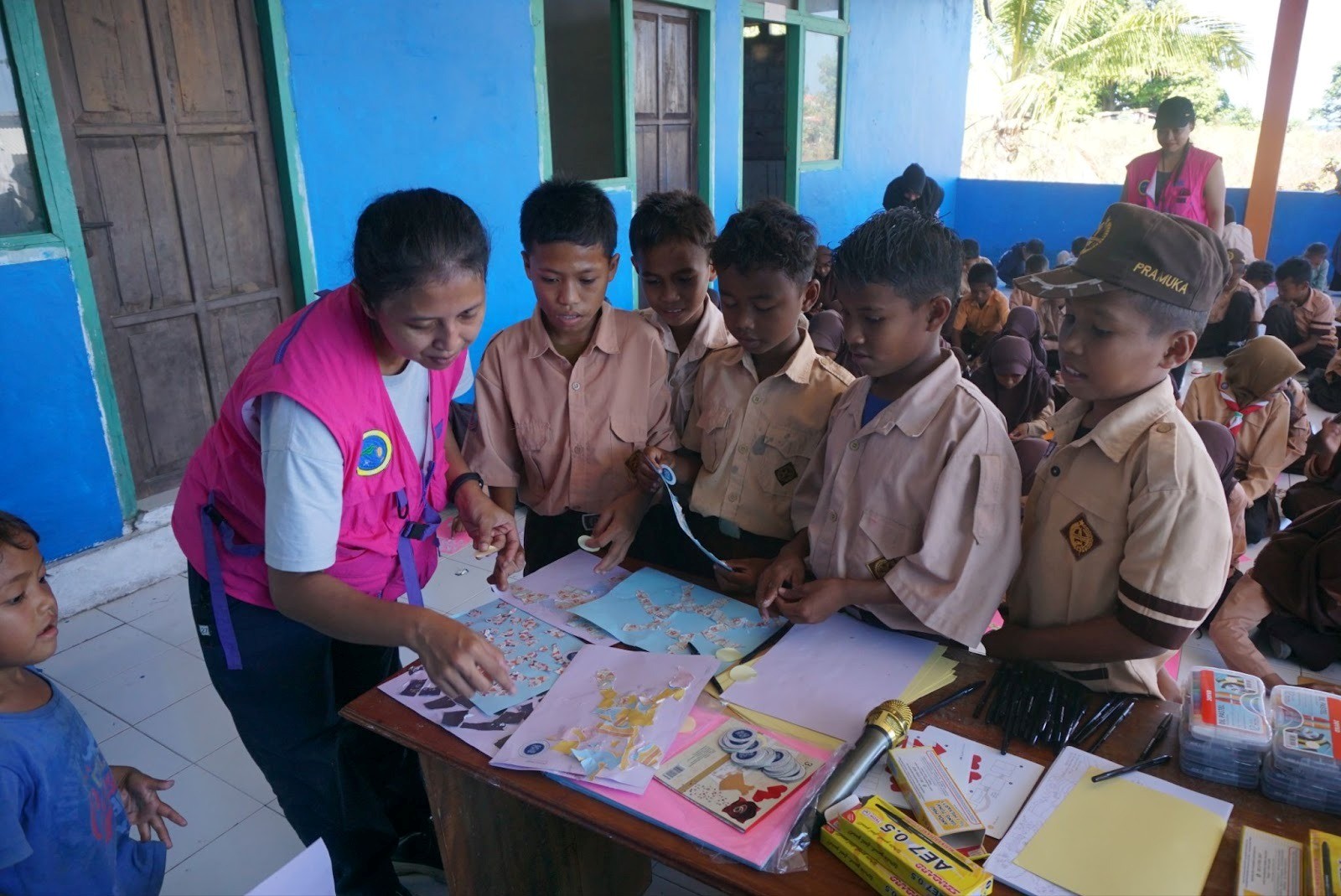Observing the Development of the Biopharmaceutical Industry in Indonesia Through Biologics and Biosimilars
By Adi Permana
Editor Adi Permana

BANDUNG, itb.ac.id — Biotechnology Study Program SITH ITB held the second episode of the Biotechnology Fair webinar series on Tuesday (22/3/2022). Ilma Equilibrina, Ph.D., the Head of Research Sales at Merck Chemicals and Life Science, acted as the main speaker and delivered a presentation on the application of biotechnology in the industry.
Ilma began her presentation with an explanation of biopharmaceuticals, also known as biologics. Generally, pharmaceutical drugs can be categorized into biologics or conventional drugs. "Just as its name suggests, the biologic is a drug that is produced and extracted from biologic sources such as bacteria or mold."
If compared with conventional drugs, biologics are composed of complex molecules such as sugar, protein, and nucleic acid while conventional drugs are produced through chemical synthesis processes. Biologics itself can be further categorized into various types, such as blood, cell, genetic therapy to modify or replace sick-inducing genes, vaccine, and recombinant protein or monoclonal antibody (Mab).

"Biologics industries have grown rapidly these last 5 to 10 years," she said while also adding that in 2011 alone biologics market share has reached 24% of all the drugs sold globally. This rapid growth is attributed to the high efficacy of biologics for chronic diseases, such as cancer and diabetes, which cannot be treated by conventional medicines.
Same with other pharmaceutical drugs, biologics began with research, then developed, then to the stage of pre-clinical test on animals, and finally clinically tested on humans. According to her, in the biologics manufacturing processes, there are several notable challenges. Taking that into consideration, Ilma emphasized that every biologics product needs to be ensured of its consistency, quality, and purity.

Biologics can be classified as patented drugs and biosimilar. Biosimilar is a duplicate of biologics as a patented drug, however, with a much lower price. The development of biosimilars in Indonesia brings the benefits of making the drugs more accessible to a wider range of economic classes. "With wider access for the society, naturally it will bring some benefits, especially in terms of efficiency," she said.
In developing the biopharmaceutical industry in Indonesia, some initiatives can be taken especially by the biologist communities. "We could collaborate on research, developing bio clusters like a virtual lab, or even by holding joint seminars," Ilma hopes.
Reporter: Athira Syifa P. S. (Postharvest Technology, 2019)
Translator: Favian Aldilla Rachmadi (Civil Engineering, 2019)
Photo source: freepik

.jpg)
.jpg)


.jpg)



